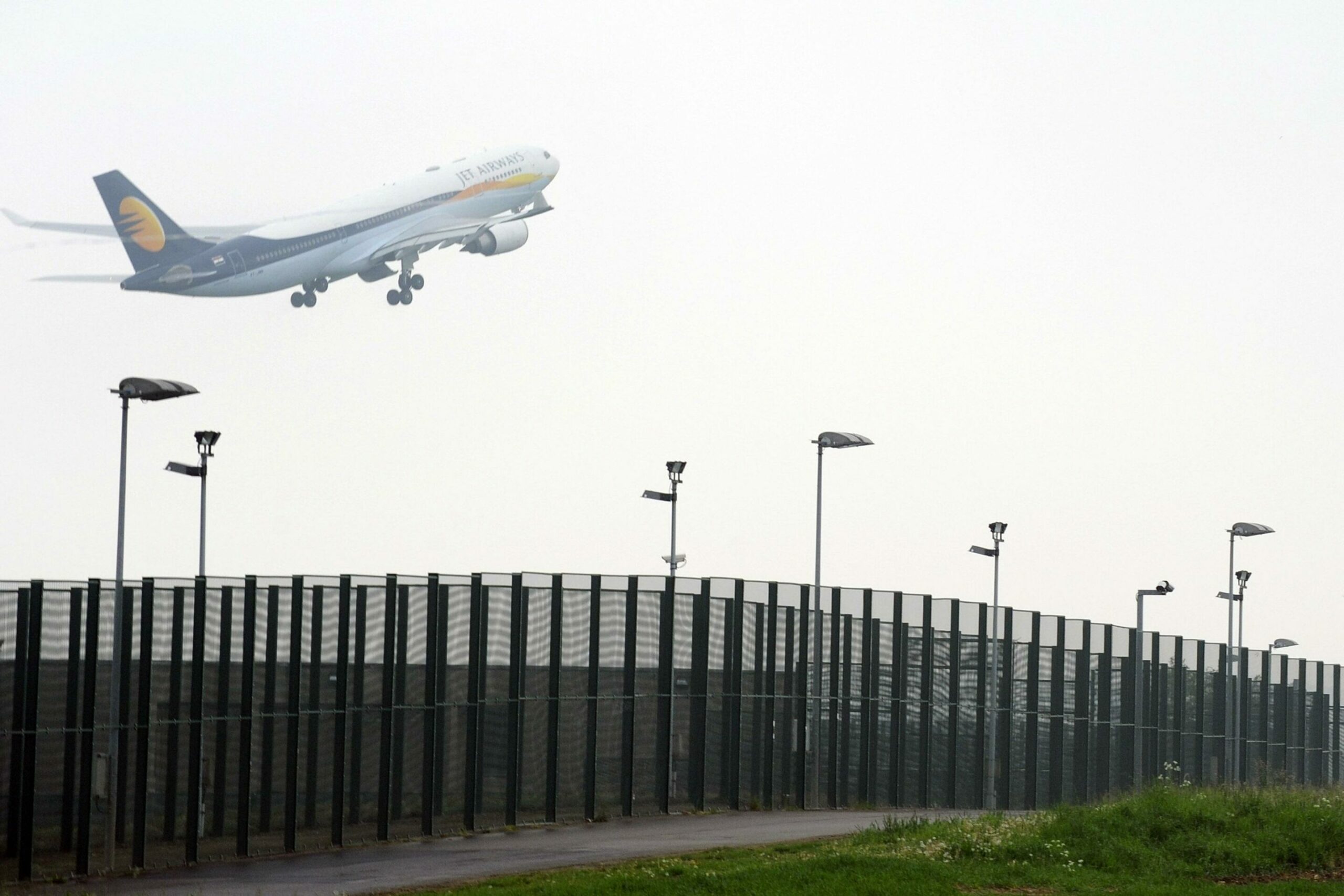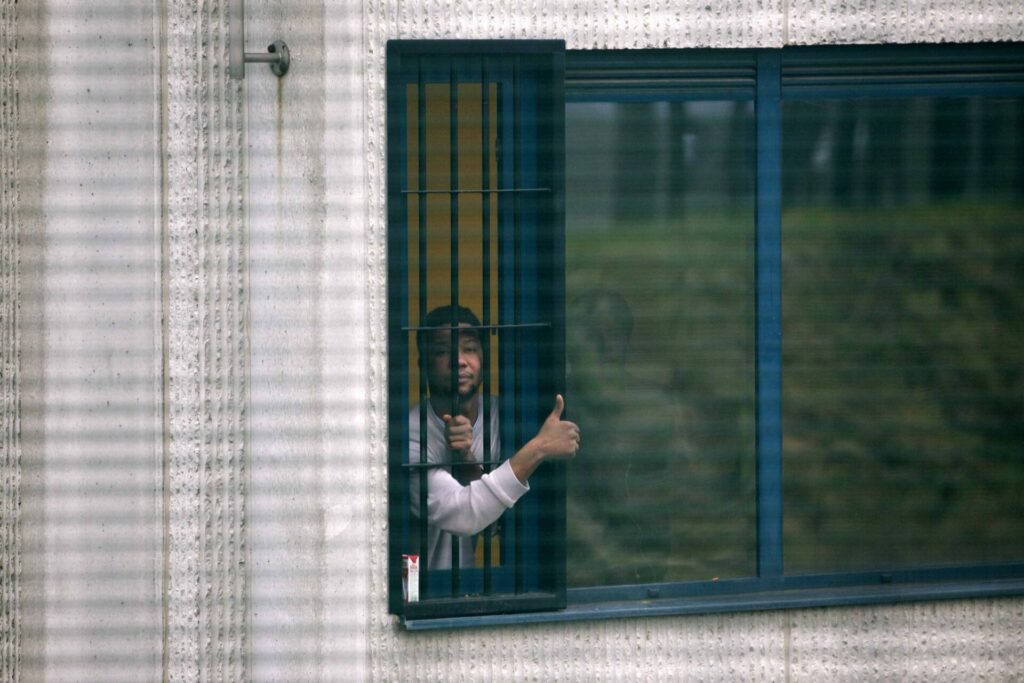At least 16 detained foreign nationals attempted suicide while awaiting deportation from Belgium last year.
Belgium has six administrative detention centres that are specifically used for incarcerating undocumented foreign nationals arrested in the country. These centres have been in operation since 1988.
The ultimate aim is to send detainees back to their country of origin or to the country they travelled to Belgium from, but due to many people lacking documentation, detainees are often released after several months of imprisonment.
Detention centres have been described as black boxes and there is no official human rights monitoring system in place. MOVE Coalition is made up of four NGOs and conducts regular visits to detainees as a way to offer legal and moral support.
The Jesuit Refugee Service (JRS) organises weekly visits to three out of Belgium's six detention centres. Its annual 2023 report highlights a worrying living situation on the inside, with at least 16 people attempting suicide, 35 hunger strikes, 165 complaints and 345 disciplinary isolations.
'Fatal outcome'
Two people died in Merskplas detention centre (near the Dutch border) in 2023. "Detention takes a significant toll. We see it week after week," the report states. "It had a fatal outcome for two individuals in 2023."
A 38-year-old man from Georgia was found dead in his room on 15 February following a hunger strike. His wife and three children are living in Belgium and have filed a complaint. An investigation into the circumstances of his death is ongoing but the Immigration Office (IO) insists he died of natural causes "rather than a criminal act or an act of despair."
A second Merksplas detainee died by suicide on 25 December. He was an undocumented Moroccan national but his identity remains unknown. His family was therefore never informed of his death. JRS attended his funeral after his body was kept in a morgue for months.

Jet Airways taking off near the closed asylum centre 127bis. Credit: Belga
Legal uncertainty
JRS is critical of sometimes "pointless" detentions and generally poor living conditions for detainees. It describes Bruges detention centre as a "dilapidated" building with "prison-like elements". The Federal Government has purchased land to transfer detainees to a new centre but this will take several years.
The 2023 report emphasises several cases which prove the inefficiency of the detention process. 42 Afghan detainees were mandated to return to Afghanistan, which the IO said was an "administrative error". Two people ended up going back to Afghanistan: one forcibly and one by choice.
In Bruges, JRS noted that five individuals were repeatedly detained, which was "pointless" considering that their initial release was based on the fact that they were "unreturnable" to another country.
Related News
- 'A bad first impression of Europe': Inside Belgium's detention centres
- 'Impossible to deport them': Belgium's contradictory detention system criticised in new report
- Second suicide in a Belgian detention centre in three months
The report points to family detention as another issue. Between 2001 and 2008, families were detained in regular centres but a 2006 ruling from the European Court of Human Rights (ECHR) deemed this practise "inappropriate".
Now, families arrested at Belgian borders are placed in separate centres. According to JRS, conditions here are better but the situation is an "alternative form of detention" and individual rights are still curtailed with curfews and inadequate schooling options for children. There are currently 164 families in detention, including 295 children.
The report also expressed concern that access to a lawyer is not extended to all detainees, as is their right. "Out of the 423 new detainees in 2023, only 226 had a lawyer (54%) despite free legal assistance being an option."

